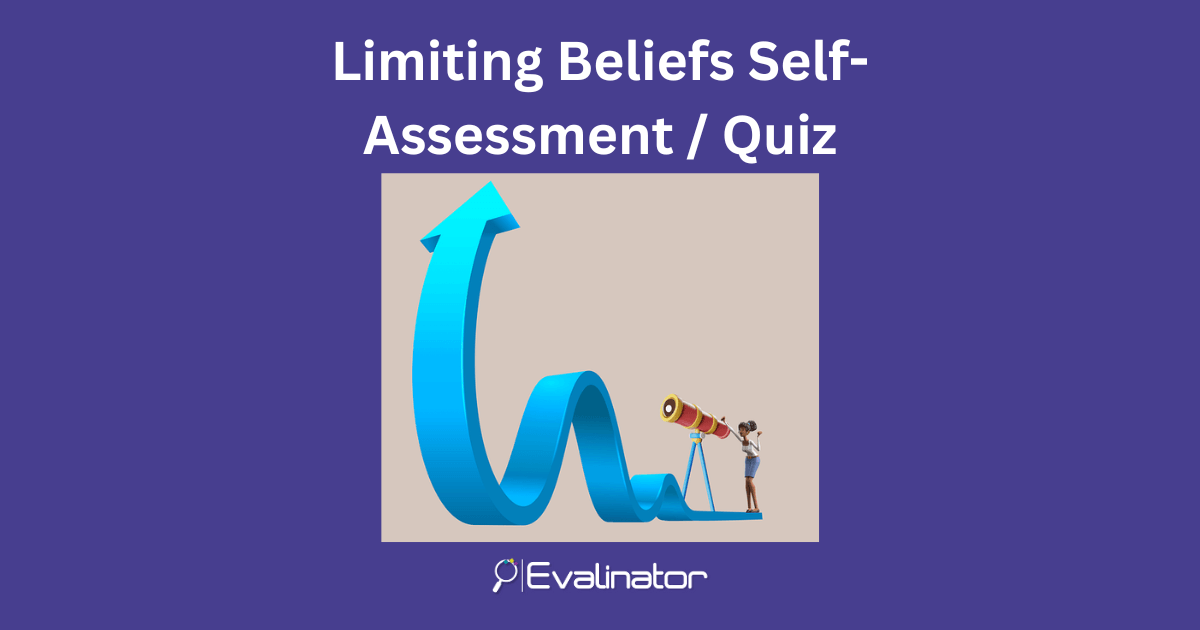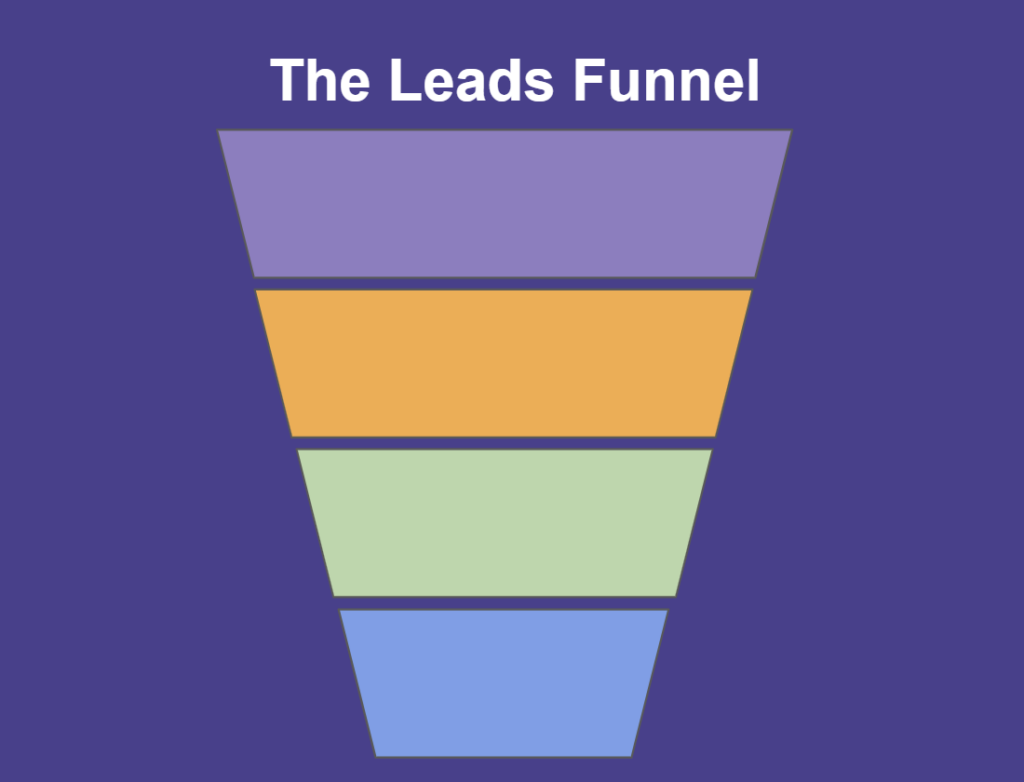


We’re excited to introduce the Limiting Beliefs self-assessment or quiz.
It’s a powerful tool to help you generate more leads or onboard new clients. Combine it with the powerful Wheel of Life which is also included with your subscription. You can also use the strengths Finder along with this assessment.
In the journey toward personal and professional growth, one of the most significant obstacles we face isn’t external—it’s internal. Our thoughts, particularly our limiting beliefs, can hold us back from achieving our full potential.
That’s why understanding and identifying these beliefs is crucial for anyone looking to advance in life or business.
Try the limiting beliefs quiz here.
For coaches, consultants, and service providers, this assessment offers a unique way to engage potential clients.
By offering it as part of your lead generation strategy, you can attract prospects who are eager to overcome their challenges and are looking for guidance.
It’s also an excellent onboarding tool. For new clients, understanding their limiting beliefs early in the relationship can set the stage for more effective coaching or consulting. You’ll be able to tailor your approach based on the specific obstacles they face, leading to more personalized and impactful support.
This Limiting Beliefs Assessment is available as a free template with your subscription. You can easily integrate it into your existing processes, whether you’re using it to enhance your email marketing, as part of a discovery call, or within your onboarding framework.
The template is ready to use, but also fully customizable, allowing you to adapt it to your specific audience or objectives.
The assessment focuses on four key limiting beliefs that often hold people back. Each belief is distinct, offering a comprehensive understanding of the different ways our thoughts can create barriers to success. Let’s explore these beliefs in more detail:
The fear of failure is rooted in the belief that failing will lead to catastrophic consequences. People who hold this belief often avoid taking risks or trying new things because they are overly concerned about the possibility of not succeeding. This fear can manifest in various ways, from procrastination to outright avoidance of opportunities that involve even a hint of uncertainty.
Recommendation: To overcome the fear of failure, start by reframing failure as a learning opportunity rather than a disaster. Set small, manageable goals that allow for success, and gradually increase the level of challenge as you build confidence.
Perfectionism is the belief that anything less than perfect is unacceptable. While striving for excellence can be a positive trait, perfectionism often leads to procrastination, stress, and burnout. Perfectionists may spend excessive amounts of time on tasks, tweaking and refining until they are “just right,” or they might delay starting altogether out of fear that the end result won’t meet their impossibly high standards.
Recommendation: Combat perfectionism by setting realistic standards for yourself. Recognize that perfection is often an illusion and that good enough is often more than sufficient. Practice completing tasks within a set timeframe to help curb perfectionist tendencies.
Imposter Syndrome is the belief that you’re not as capable as others perceive you to be and that you’re on the verge of being exposed as a fraud. This belief can cause significant anxiety, particularly when taking on new challenges or opportunities. Those who suffer from Imposter Syndrome often downplay their achievements and overestimate the abilities of others.
Recommendation: Acknowledge your successes and remind yourself that your achievements are the result of your hard work and abilities. Seek support from mentors or peers who can provide perspective, and remember that self-doubt is a common experience, even among highly successful individuals.
The Scarcity Mindset is the belief that resources, opportunities, or success are limited. This mindset leads to a competitive approach to life, where one person’s gain is seen as another’s loss. It can create unnecessary stress and strain on relationships, as individuals with this belief may feel constantly threatened by the success of others.
Recommendation: Shift your focus from competition to collaboration. Practice gratitude by regularly acknowledging the abundance in your life, and work on developing a mindset that recognizes that opportunities are plentiful and that success can be shared.
While the Limiting Beliefs Assessment is powerful in its current form, it’s also fully extensible.
You can add additional questions or even expand on the types of limiting beliefs to better suit the needs of your audience.
Whether you’re working with individuals or teams, the assessment can be tailored to address specific challenges or objectives.
The Limiting Beliefs Assessment is more than just a quiz—it’s a gateway to transformation.
Whether you’re using it for lead generation, onboarding, or personal growth, this assessment provides valuable insights that can pave the way for meaningful change.
And with the free template available with your subscription, you have everything you need to get started.
We have a 14 Day Risk-Free Trial and offer personalized support to help you launch quickly. The assessments can be hosted on your own website.

Feeling frustrated with lead generation?
Take this free, 5-minute quiz and get more prospects into your leads funnel.
Instant Results. Actionable recommendations. Email required.
Find Your Score >>